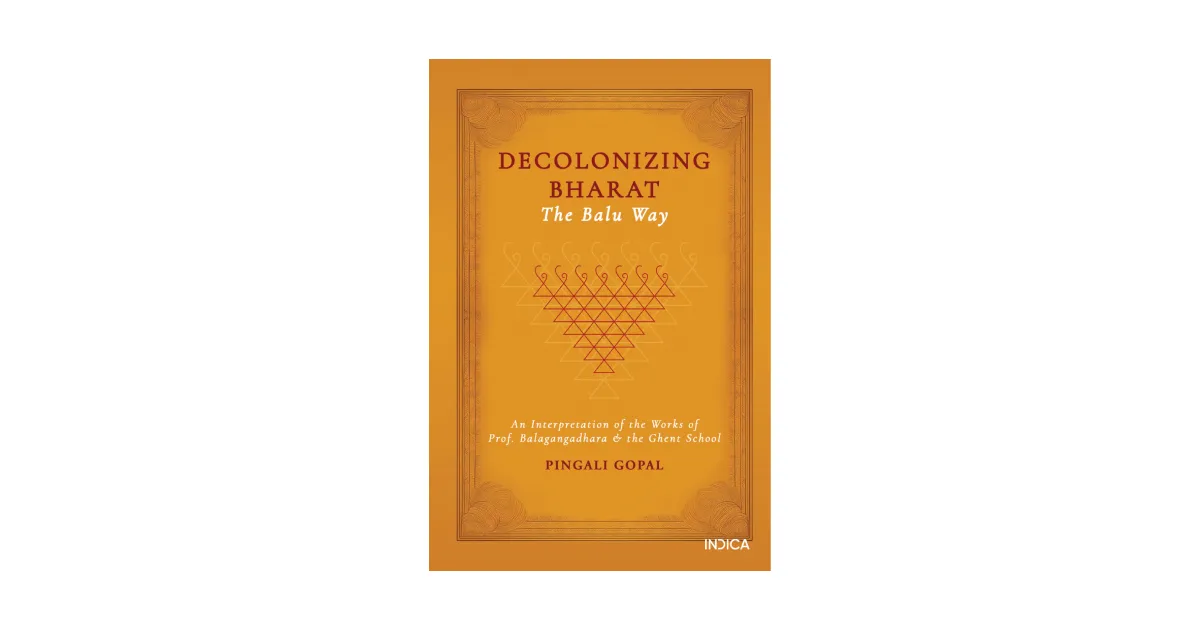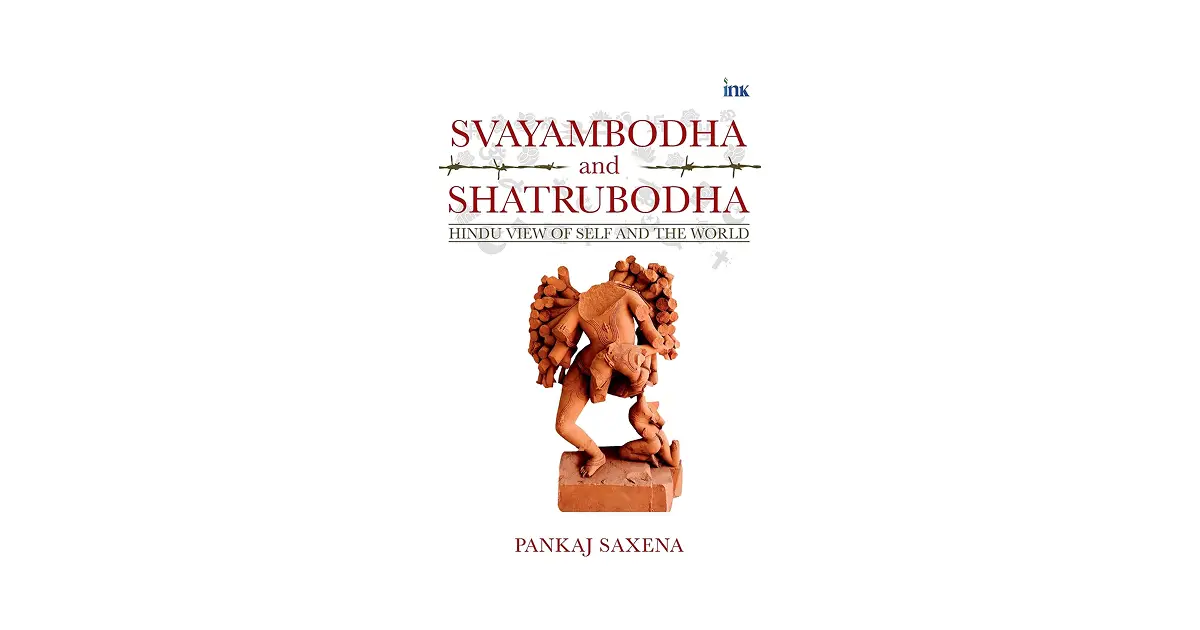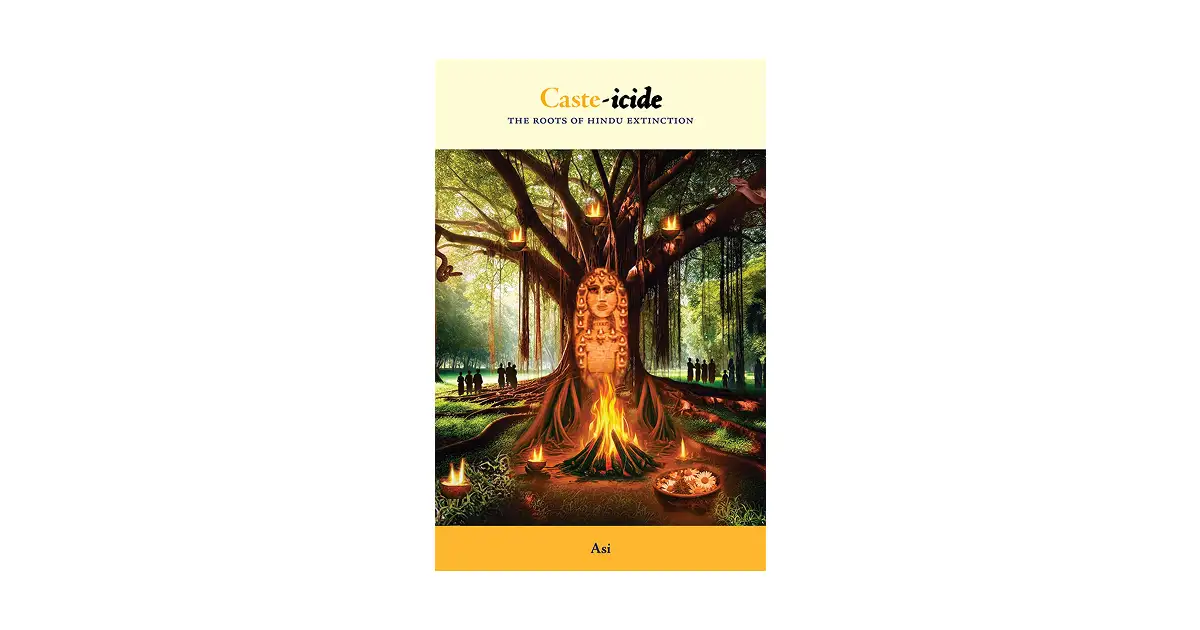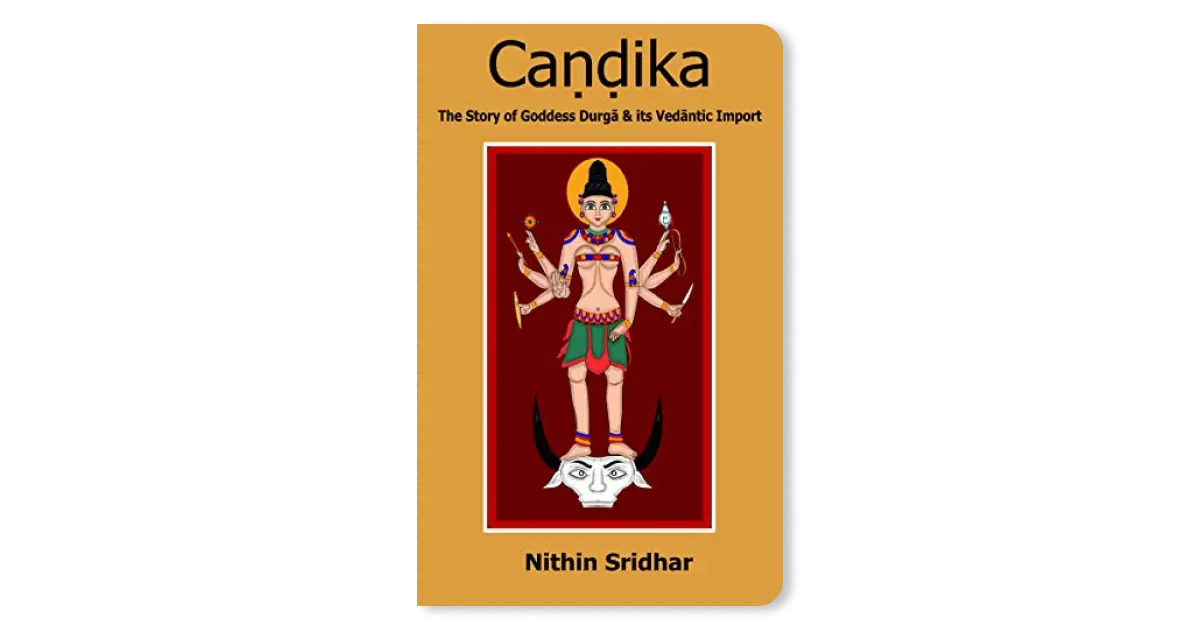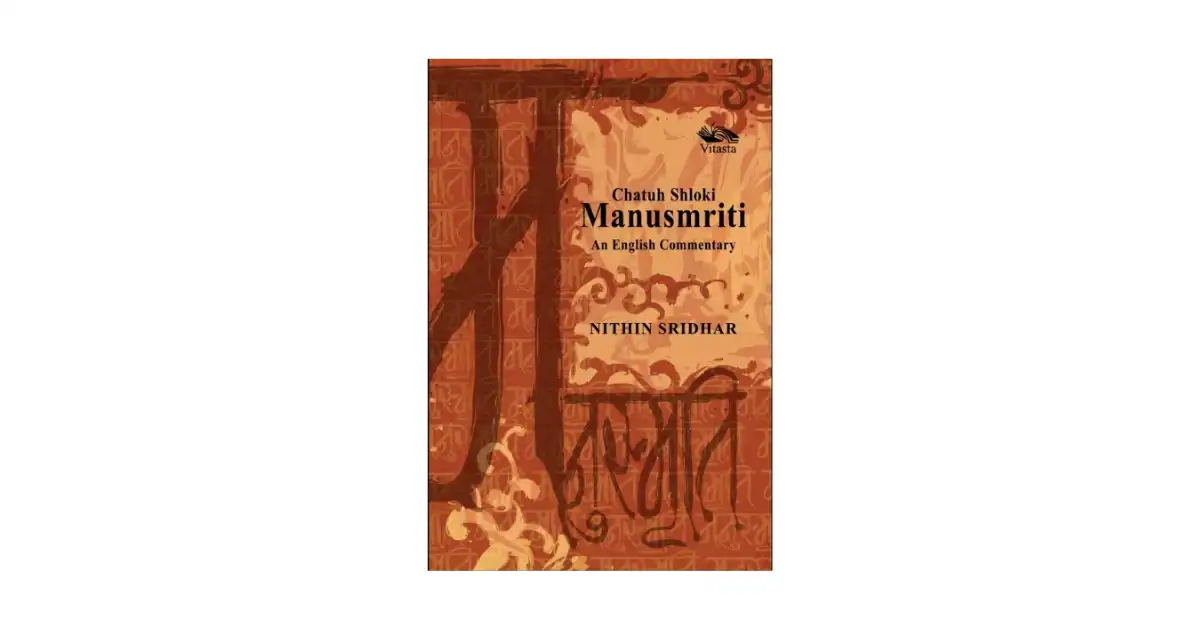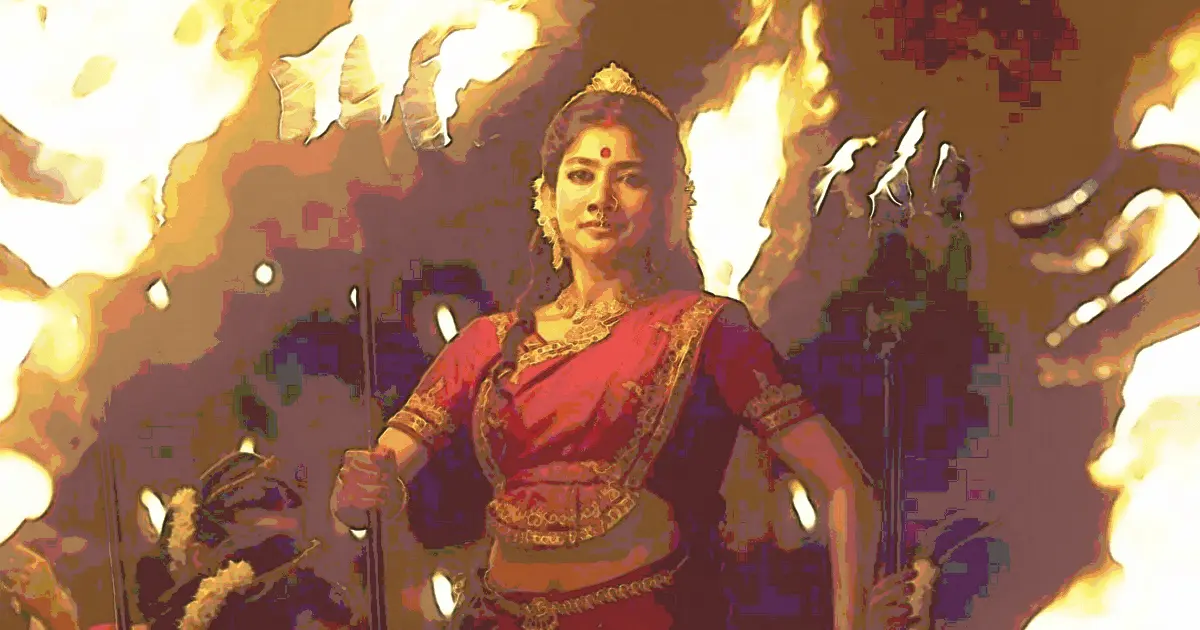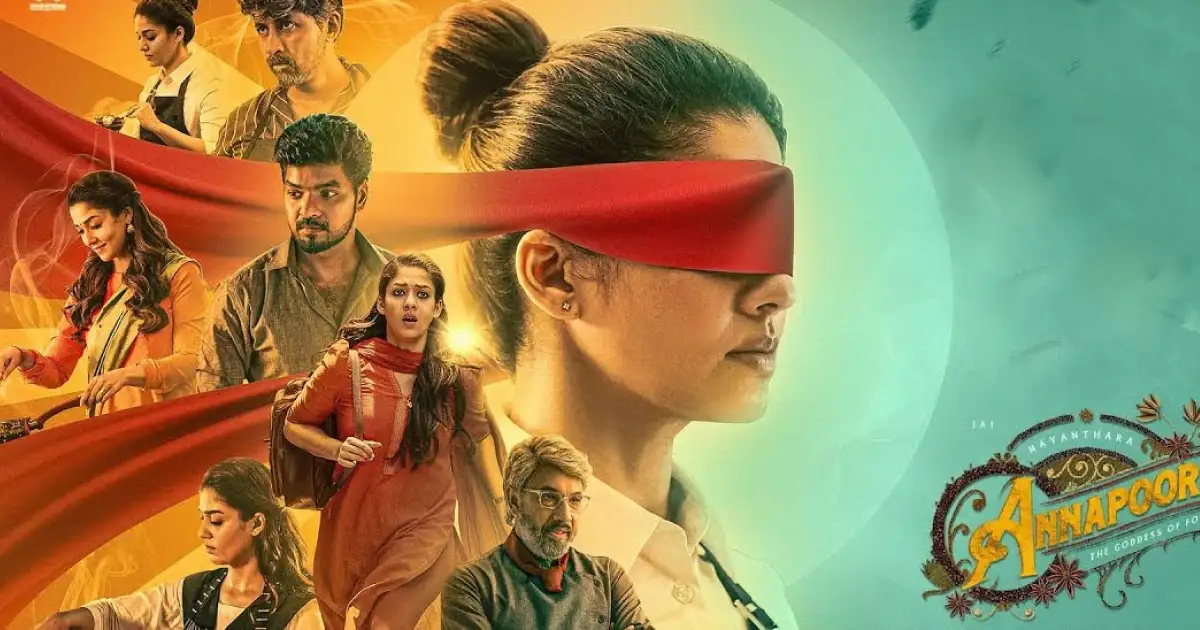Decolonizing Bharat: The Balu Way is a thought-provoking exploration and condensation of the works of S. N. Balagangadhara and the Ghent School, authored by Dr. Pingali Gopal. Dr. Gopal is a Neonatal and Paediatric Surgeon based in Warangal, driven a deep passion for his motherland and an admiration for influential figures, both historical and contemporary, that have worked to challenge outdated narratives about India and restore the country to its rightful stature of cultural and intellectual prominence.
The book delves into the enduring civilizational unity of India, challenging modern interpretations of religion, caste, and secularism shaped by colonial and Western frameworks. Drawing heavily from the works of Professor S.N. Balagangadhara and the Ghent School, the book offers a crisp summary of their major works, such as Do All Roads Lead to Jerusalem, Cultures Differ Differently, Reconceptualising India Studies, Western Foundations of the Caste System, Europe, India and the Limits of Secularism, etc. The work roots for the adoption of the decolonial approach advocated by Balagangadhara’s — fondly referred to as ‘Balu’ throughout the book — in order to foster an understanding of the cultural and religious essence of India, its chequered history, and social structures by correlating them with the history of intellectual and religious developments in Europe that have influenced them.
S.N. Balagangadhara's intellectual contributions center on his critique of how Indian traditions have been misrepresented through the imposition of Western epistemological frameworks. His seminal work, The Heathen in His Blindness deconstructs the colonial and Eurocentric premise that religion is a universal construct. Dr. Gopal details how Balagangadhara argues that Indian religions are not religions at all, but rather, traditions that are fundamentally practice-oriented and lack the type of doctrinal foundations typical of Western religions, making them ill-suited for analysis through Western conceptual categories and terminology. This rethinking of Indian traditions has spurred significant discourse on how colonial intellectual legacies continue to distort cultural and historical understanding, urging a shift towards indigenous methodologies for studying India's social and cultural systems. Dr. Gopal also writes of Balagangadhara’s examination of developments throughout Western history, such as the Protestant Reformation, that led to the formation of the ‘secular’ and ‘religious’ realms, categories which have then been erroneously applied to the Indian context to espouse social harmony.
Another hallmark of Balagangadhara's scholarship is his advocacy for decolonizing the social sciences and reimagining them through frameworks rooted in Indian epistemology, shedding the colonial consciousness that pervades India studies. He contends that concepts like caste and secularism, continue to be seen through a colonial interpretation that inadequately reflects historical and temporal realities. By challenging these constructs, Balagangadhara confronts the violence inflicted by Western scholars on Indian culture and tradition by their distorted narratives and reinterpretations. He then provides tools to develop an alternative understanding of India's civilizational ethos, emphasizing its pluralistic and practice-driven nature. His work has profound implications for comparative religion, cultural studies, and the philosophy of science, creating the way forward to dismantle colonial narratives and enrich global and internal academic discourse.
In Balagangadhara’s collection of essays titled Cultures Differ Differently, he discusses the perch of comparative cultural studies, comparative religions and comparative sciences which employ Western culture/science as a benchmark. Recognising that colonial narratives paint Indian culture as chaotic, superstitious and regressive, he posits that traditional Indian frameworks, when properly understood and applied, hold the key to modern societal challenges, particularly in multicultural contexts. Dr. Gopal firmly places his faith in Balagangadhara’s thesis, which urges the reinterpretation of Indian traditions outside Western paradigms and a reversal of the gaze.
The chapter Magic between Europe and India: On Mantras, Coercion of Gods and the Limits of Current Debates discusses the work of Martin Fárek and Pavel Horák which examines the interplay between European and Indian understandings of magic, focusing on mantras and their perceived ability to coerce deities. It critiques current scholarly debates about the nature of ritual, power, and divine agency, proposing that cross-cultural perspectives reveal the complexities of religious practices. By comparing Indian mantra traditions with European notions of magical coercion, the study highlights shared themes of power dynamics and divine-human interaction, while also addressing the limitations of existing theoretical frameworks in understanding these phenomena.
Balagangadhara’s work accounts for the origins of the divisive narratives such as those that pit Hindus against non-Hindus, Dravidians against Aryans, castes against each other, etc. as products of colonial interference. He quotes Balagangadhara, who writes that colonialism restricts cultural self-description to frameworks imposed by colonizers, fostering an immoral consciousness. It operates as an all-encompassing educational project, embedding notions of civilizational superiority that stigmatize the colonized as ignorant and backward — inducing shame and dependence on the colonizer. Cultural differences are re-labelled as deficiencies, and such narratives rooted in colonial constructs fail to align with the lived experiences of Indians. This misalignment perpetuates misunderstandings and social discord. By extending the application of decoloniality beyond politics to the realms of knowledge and culture. By calling for a shift in how Indian traditions are studied and understood, Gopal challenges readers to rethink ingrained assumptions. India’s traditions cannot be comprehended through Western categories such as religion or secularism. Instead, they require a paradigm shift that respects their unique epistemological foundations. The author proposes that decolonizing Indian academia is essential for an authentic understanding of the nation’s culture. This involves integrating traditional scholars into mainstream discourse, reviving Sanskrit, promoting vernacular languages as mediums for higher education, and reforming the education system in general.
Decolonizing Bharat: The Balu Way is an intellectually enriching work that challenges readers to rethink their understanding of Indian culture and history. The book is written in an engaging manner, balancing scholarly depth with readability. Dr. Gopal has high praise for Balagangadhara, whose work he believes is valuable to both academics and for a broader audience, and is written in a manner so as to convey complex ideas in simple yet illuminating ways. He truly believes that the scholarship and ideas of the Balagangadhara school offer solutions for many of India’s problems and show the path forward. Knowing that Bhārata is more than a geographical entity; it is a civilizational idea rooted in the principles of dharma. He presents India as a culture that has thrived on “indifference to differences,” fostering peaceful coexistence among its myriad traditions, languages, and religions. This characteristic, he asserts, has enabled India to sustain its multicultural ethos for millennia.
By deconstructing colonial narratives and advocating for a rediscovery of traditional frameworks through a meticulous distillation of the Balagangadhara school of thought, Dr. Pingali Gopal puts forth a fresh perspective on India’s civilizational identity. The work serves as a gateway to the profound philosophy of S.N. Balagangadhara, the depth and relevance of which makes it a valuable resource for those interested in understanding India.
